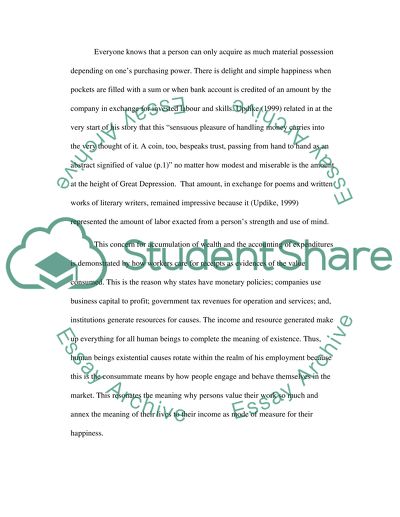Cite this document
(“People understand and sublimate lives value and happiness in work Research Paper”, n.d.)
Retrieved de https://studentshare.org/english/1604669-people-understand-and-sublimate-lives-value-and-happiness-in-work
Retrieved de https://studentshare.org/english/1604669-people-understand-and-sublimate-lives-value-and-happiness-in-work
(People Understand and Sublimate Lives Value and Happiness in Work Research Paper)
https://studentshare.org/english/1604669-people-understand-and-sublimate-lives-value-and-happiness-in-work.
https://studentshare.org/english/1604669-people-understand-and-sublimate-lives-value-and-happiness-in-work.
“People Understand and Sublimate Lives Value and Happiness in Work Research Paper”, n.d. https://studentshare.org/english/1604669-people-understand-and-sublimate-lives-value-and-happiness-in-work.


